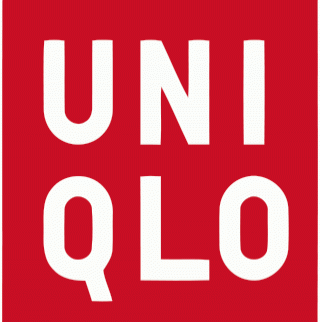 Uniqlo’s same-store sales in October were up 35.7% over last year in Japan, following falling temperatures, the launch of the +J collection and other promotional campaigns. The number of customers in these stores rose 24.6%. Total sales increased 47.7% compounded by new store openings.
Uniqlo’s same-store sales in October were up 35.7% over last year in Japan, following falling temperatures, the launch of the +J collection and other promotional campaigns. The number of customers in these stores rose 24.6%. Total sales increased 47.7% compounded by new store openings.
The +J range has proven extremely successful for the brand who will be rolling out a second smaller batch of +J winter items on Tuesday with puffy coats & leggings.
In an extension of their online marketing Uniqlo have launched Uniqlo Tunes which is basically a widget (or blog part) people can insert into blogs to add free music. You can choose from their royalty free range, any mp3 freely available online or upload your own and make use of their player. This comes on the back of previous widgets like Uniqlock & UT Loop Widget and are all aimed at using the brand’s popularity and innovativeness to gain increased online presence.



